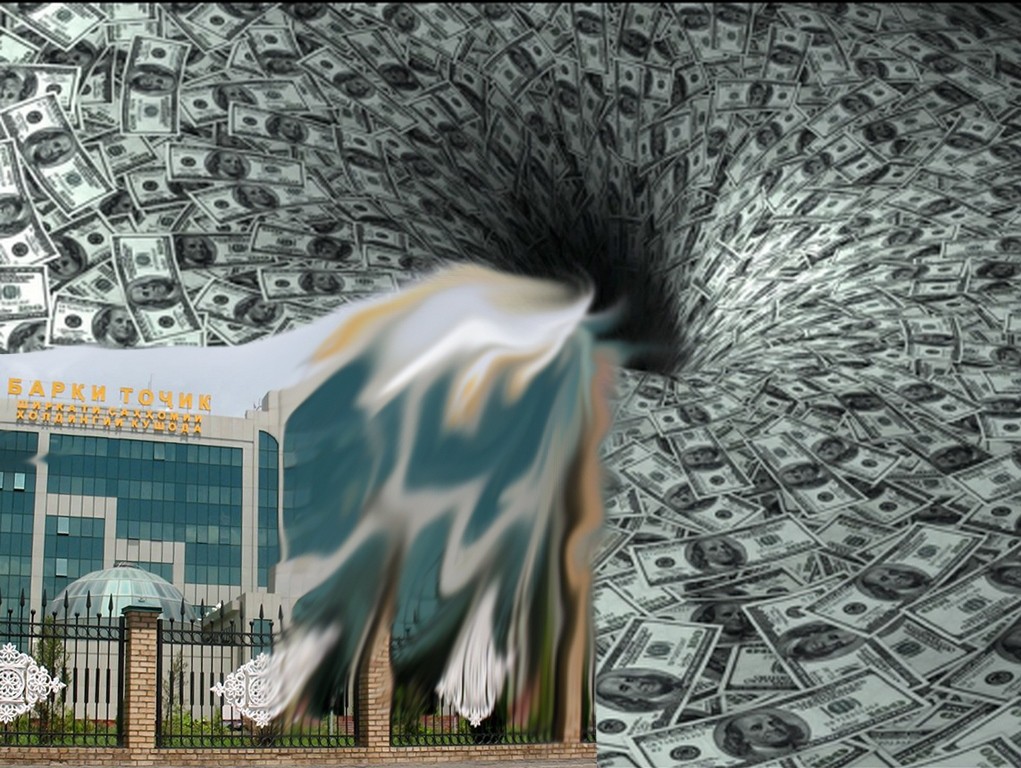As of July 1, 2021, a total debt of Barqi Tojik (Tajikistan national power utility company) has amounted to 29.3 billion somonis (equivalent to about 2.7 billion U.S. dollars), Rustam Majidzoda, the head of the Barqi Tojik finance department, told reporters in Dushanbe on July 29.
According to him the company owes 2.5 billion somonis to the Sangtuda-2 hydroelectric power plant (HPP), 1.9 billion somonis to the Sangtuda-1 HPP, 1.9 billion somonis to Orienbonk, and 23 billion somonis to the Ministry of Finance (government).
Meanwhile, Barqi Tojik’s receivables have amounted to more than 3.1 billion somonis as of July 1, 2021.
Tajikistan’s power sector is comprised of the vertically integrated energy company, Barqi Tojik, three independent power producers (IPPs), and a concession in Gorno-Badakhshan Autonomous Region (GBAO) combining power generation and distribution.
Barqi Tojik is still fully owned by the Government. It owns and operates most of the electricity generating plants and is also responsible for electricity transmission, dispatch, and distribution services to around 8 million people in all regions of the country except for GBAO.
Two of the IPPs – Sangtuda-1 and Sangtuda-2 hydropower plants (HPPs) – were constructed with investments from Russian and Iranian state-owned companies, and supply electricity to Barqi Tojik under 20-year power purchase agreements (PPAs). Third IPP – Roghun HPP – is under construction.
Pamir Energy Company (PEC) generates and supplies electricity to more than 200,000 people in GBAO under 25-year concession agreement.
Tajikistan desperately needs to reform its energy sector. An article “Tajikistan’s Energy Sector Reforms: Is Energy Export the Only Way Out of the Revenue Dilemma?” posted on CABAR’s website, in particular, says that in 2013, over 10 percent of Tajikistan’s enterprises considered unreliable electricity supply as a major constraint to doing business in the country. These enterprises reported 6 electrical outages per month lasting 4 hours on average and resulting in losses equal to 4.4 percent of annual sales. In 2019, the share of local enterprises who considered unreliable electricity supply as a major constraint to doing business fell down to 8.4 percent, still significantly above the average of 3.8 percent across Europe and Central Asia. Tajikistan currently ranks 163rd among 190 countries in terms of ease of getting electricity and 107th among 141 countries for the quality of electricity supply. In 2014, the economic losses associated with unreliable electricity supply equaled to USD 200 million or 3 percent of the country’s GDP.




